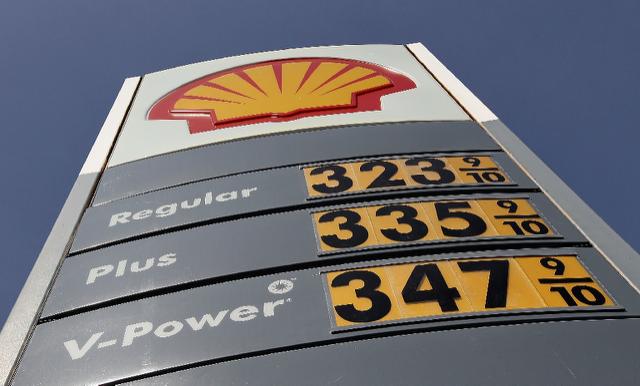
London (AFP) – Energy giant Royal Dutch Shell on Wednesday said it was cutting at least another 2,200 jobs owing to low oil prices and following its takeover of smaller rival BG Group.
“Shell staff have today been informed about the progress being made on integrating BG into the company, and on further measures that are necessary to ensure Shell is competitive in a ‘lower for longer’ oil price environment,” the Anglo-Dutch group said in a statement.
Shell said the latest losses bring to at least 12,500 the number of staff and direct contractor roles being cut from the company between the start of last year and end of 2016.
Jobs are being axed at its operations in the North Sea off the coast of Scotland, as well as in Ireland and elsewhere.
“These are tough times for our industry and we have to take further difficult decisions to ensure Shell remains competitive through the current, prolonged downturn,” said Paul Goodfellow, Shell’s vice president for UK & Ireland.
“In 2016, the number of job reductions in response to low prices and as a result of the BG integration is expected to total at least 5,000 globally.”
Goodfellow added that Shell was seeking to “create a competitive and sustainable business in the North Sea”.
Shell had earlier this month announced an 89-percent drop in net profit for the first quarter of 2016, blamed the slump on low oil prices. It also said that investment would be lower than expected.
The global oil market had nosedived from above $100 in mid-2014 to 13-year lows of around $27 in February, plagued by a stubborn supply glut.
But prices have since rebounded to trade at nearly $50 a barrel.
The slump in prices has caused energy groups worldwide to cut spending, slash jobs and sell assets during the past year.
However Shell still pressed ahead with its £47-billion ($69-billion, 62 billion-euro) takeover of British company BG Group, in a deal aimed at strengthening Shell’s position in the liquefied natural gas (LNG) market.
At the end of 2015, Shell employed around 90,000 people globally, while BG had some 4,600 staff.

